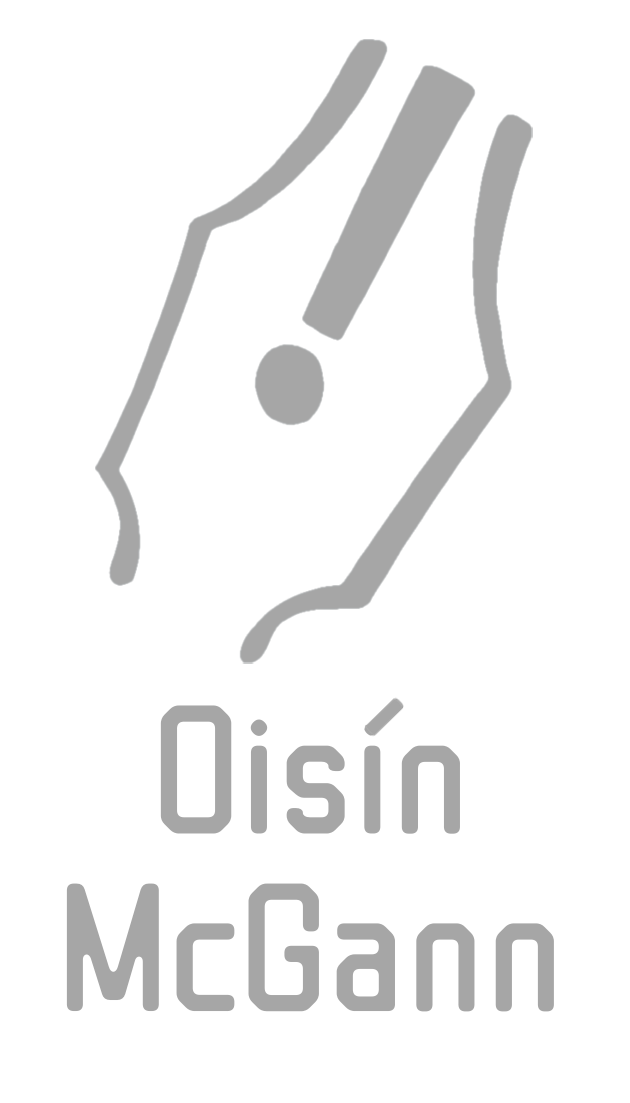This post is dedicated to various aspects of not doing things the normal way.  I’m going to start with a recent article in the Meath Chronicle about a class in St Fintina’s Post Primary in Longwood, County Meath. Each of the first year students has been provided with a Fizzbook Spin tablet-style laptop. The school worked with The Educational Company of Ireland and Steljes to deliver this new approach, where the software for the textbooks was preloaded onto the laptops. There is a cost for the consoles – they’re paid for by a rental scheme over five years, – but the ebooks loaded onto them work out cheaper than normal textbooks. Students can even email their homework to their teachers.
I’m going to start with a recent article in the Meath Chronicle about a class in St Fintina’s Post Primary in Longwood, County Meath. Each of the first year students has been provided with a Fizzbook Spin tablet-style laptop. The school worked with The Educational Company of Ireland and Steljes to deliver this new approach, where the software for the textbooks was preloaded onto the laptops. There is a cost for the consoles – they’re paid for by a rental scheme over five years, – but the ebooks loaded onto them work out cheaper than normal textbooks. Students can even email their homework to their teachers.
Meanwhile, Wired.com reports that the Google Settlement has been rejected by a court in the States. U.S. District Judge Denny Chin of New York ruled the settlement would: ‘give Google a significant advantage over competitors, rewarding it for engaging in wholesale copying of copyrighted works without permission’.  This could work out just right in the long run. Google were (indeed, still are) trampling over copyright law with their library project, but at least they were leading the charge into digitization with some kind of strategy, which the publishing world as a whole is lacking. This way, we might have a major start towards a global, digitized library, without Google being able to maintain a bloody great monopoly over it.
This could work out just right in the long run. Google were (indeed, still are) trampling over copyright law with their library project, but at least they were leading the charge into digitization with some kind of strategy, which the publishing world as a whole is lacking. This way, we might have a major start towards a global, digitized library, without Google being able to maintain a bloody great monopoly over it.
My brother sent me this link, an article about a teacher getting fired for writing stories. Without knowing all the facts of the case (the story’s told mostly from the teacher’s side), I’m hesitant to make any judgement on it, but it sounds ludicrous that Leonora Rustamova (known to the kids as ‘Miss Rusty’) lost her job for finding an innovative way of getting resistant teenagers to read. I’ve worked with enough of these kinds of kids myself to know that the normal rules do not apply. You’ve got to take an alternative approach to reach teenagers – particularly boys – once they decide ‘I don’t/can’t read’. Basically Rustamova started writing chapters of a story for a group of lads that featured them as characters – and it worked. They ate up each chapter as she produced them – they waited in anticipation for the next one. Her husband used a self-publishing website to format the story, but when he put it up online, Rustamova went from pioneering literacy campaigner to educational pariah at the click of a key. Like I said, I don’t know all the facts, but it sounds like a massive overreaction to me, and a warning to any other teacher who might dare to use some initiative.
 One of the terms that everybody’s spouting at the moment is ‘cloud-computing’. This is where you use online software and storage space to do your work, allowing you to access it anywhere you have web access. It’s the next big thing, and all the big name tech companies are trying to take the lead. But surprisingly, Amazon have beaten the likes of Apple, Microsoft and Google to the punch by producing an online music service, allowing you to store and organize your music online. I have a few issues with the whole cloud-computing thing – you reduce your privacy to near-zero and provide hackers with a potential goldmine – but there are clearly advantages too.
One of the terms that everybody’s spouting at the moment is ‘cloud-computing’. This is where you use online software and storage space to do your work, allowing you to access it anywhere you have web access. It’s the next big thing, and all the big name tech companies are trying to take the lead. But surprisingly, Amazon have beaten the likes of Apple, Microsoft and Google to the punch by producing an online music service, allowing you to store and organize your music online. I have a few issues with the whole cloud-computing thing – you reduce your privacy to near-zero and provide hackers with a potential goldmine – but there are clearly advantages too.
If you’re in a philosophical mood, here’s an article in the New York Review of Books, debating civil liberty issues on the internet. Is it really a massively influential tool for creating democracy, or does it divert attention away from the real means of achieving people power? It’s a good thought-provoking read.
And finally, on a lighter note, I watched proudly the other day, as my baby daughter – still awaiting her first tooth – seized a board-book out of my hands and began to chew it ravenously. Her mother, the librarian, was overcome with dismay at the damage caused. But for Dada it was a proud moment as his baby girl began her first active – if slightly slobbery – engagement with a book. You can never start too early.
